

Your clients want to book you. Stop making it weird.
Booking, payments, galleries. One link. Zero friction.
10,000+ shoots in the bag
Mini shoots back-to-back. Full sessions. Group bookings in one slot. Or skip booking and just deliver galleries. Deposits, full payment, individual photo upsells, softproofing.
Your business, your rules.
sarahmitchellphoto.com
From weddings to wildlife, every gallery looks better here.
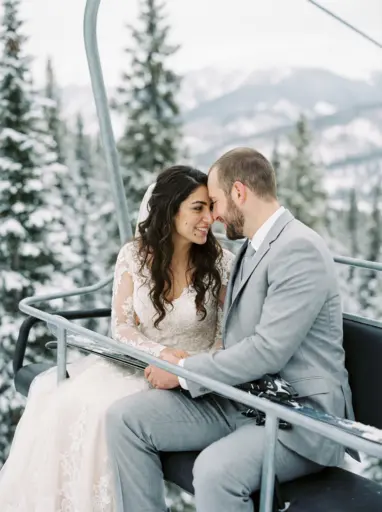
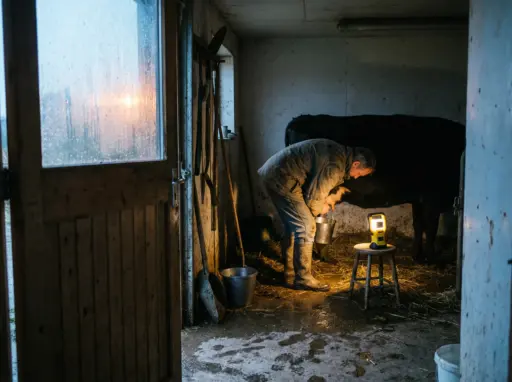

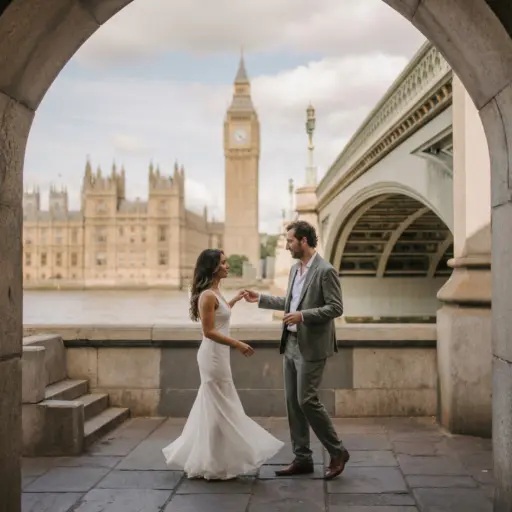
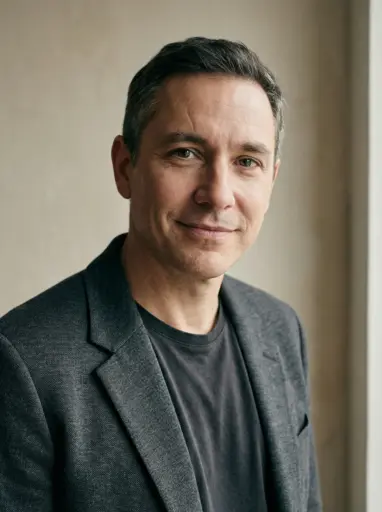
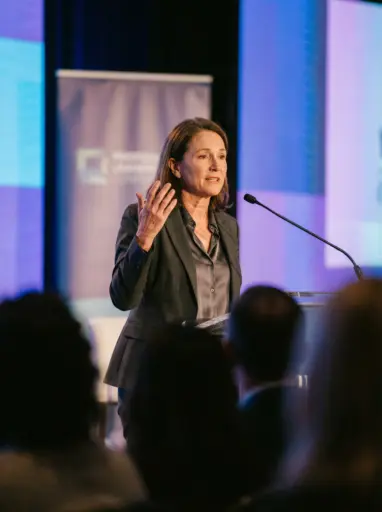

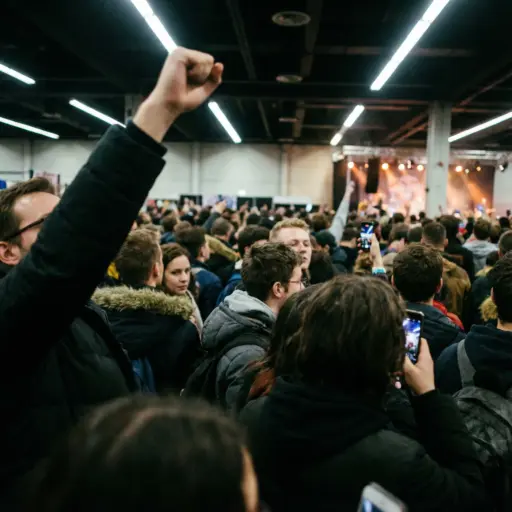
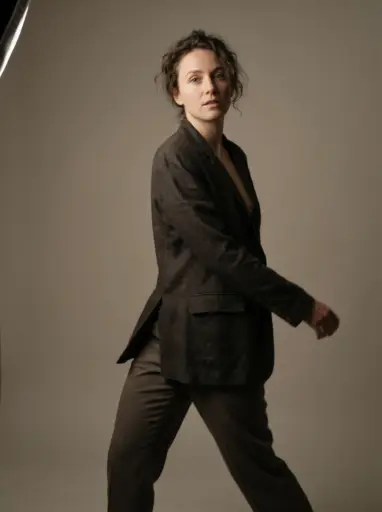

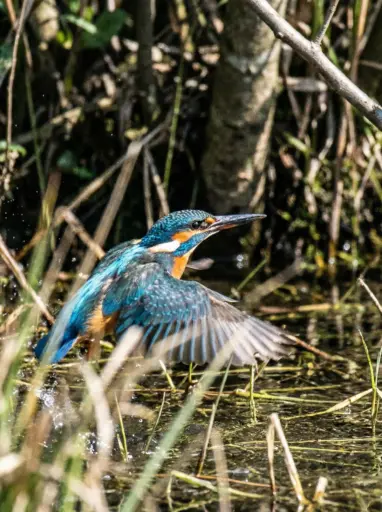
Every photo finds its perfect place
6,000+ shoots booked because of recommendations through our network of apps
25,000+ active users
18,000+ couples planning
12,000+ celebrations organized
8,000+ events managed
13 free apps for couples, parents, and event planners. When they use our tools, we recommend active photographers on the Grow plan or higher in their area. Just keep your profile updated and watch the leads roll in.




Your entire business, simplified
Build mini sessions, full days, or group slots with buffers and location rules so clients self-book without double-booking you.
Connect your own Stripe account so payouts, fees, payment plans, and refunds stay entirely under your control.
Stunning, responsive galleries that load in milliseconds and make your work shine.
Password-protect every delivery, sell single images or full sets, and upsell extra files or prints however you choose.
Grow-plan profiles surface across 13 free planning apps, sending you ready-to-book inquiries without buying ads.
Trigger invoices, contracts, emails, and questionnaires the moment a booking moves to the next step.
Join thousands of photographers who are working smarter, not harder.
No credit card required • Full access • Cancel anytime